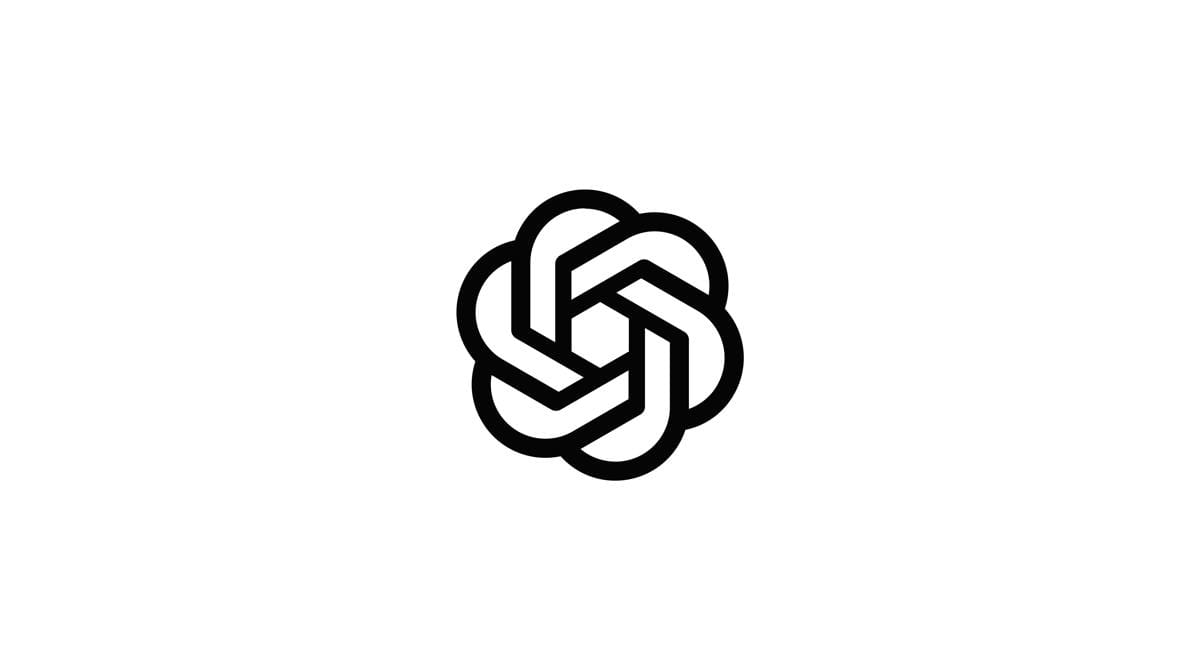OpenAI has introduced a considerable adjustment by permitting access to its conversational AI model, ChatGPT, without mandating users to have an account. This step is a component of OpenAI's ongoing strategy to make AI utilities more accessible to a wider range of people. Before this change, individuals were required to register for an OpenAI account to use ChatGPT. Now, by navigating to chat.openai.com, anyone can start using ChatGPT promptly without the need to set up an account. This shift applies solely to ChatGPT, as other OpenAI products, like DALL-E 3, still require an account for use.
The version of ChatGPT that does not require an account offers a less comprehensive experience compared to what is available for logged-in users. Notably, account-less users won't have the capability to save or disseminate their chat history, employ custom instructions, or utilize other functions related to possessing an account. OpenAI has also implemented stricter content policies for users accessing ChatGPT without an account, though the specifics of these limitations were not shared. There is worry among specialists regarding the potential rise in inappropriate use and exploitation with the open access to ChatGPT, a subject OpenAI has not directly tackled.
Users who establish an OpenAI account will still have access to extra functionalities, including the ability to save and examine chat histories, share dialogues, and participate in voice chats. OpenAI stated it might use the content generated by users who access ChatGPT without an account to refine their models for all users. Nevertheless, there is a way to opt out of this.
This action by OpenAI to permit ChatGPT access without an account marks a meaningful advance in making AI technology more universally accessible, aligning with the organization's mission to assure that AI advantages are broadly distributed. However, OpenAI is faced with the challenge of increasing the accessibility of its potent AI tools while deploying them responsibly.







